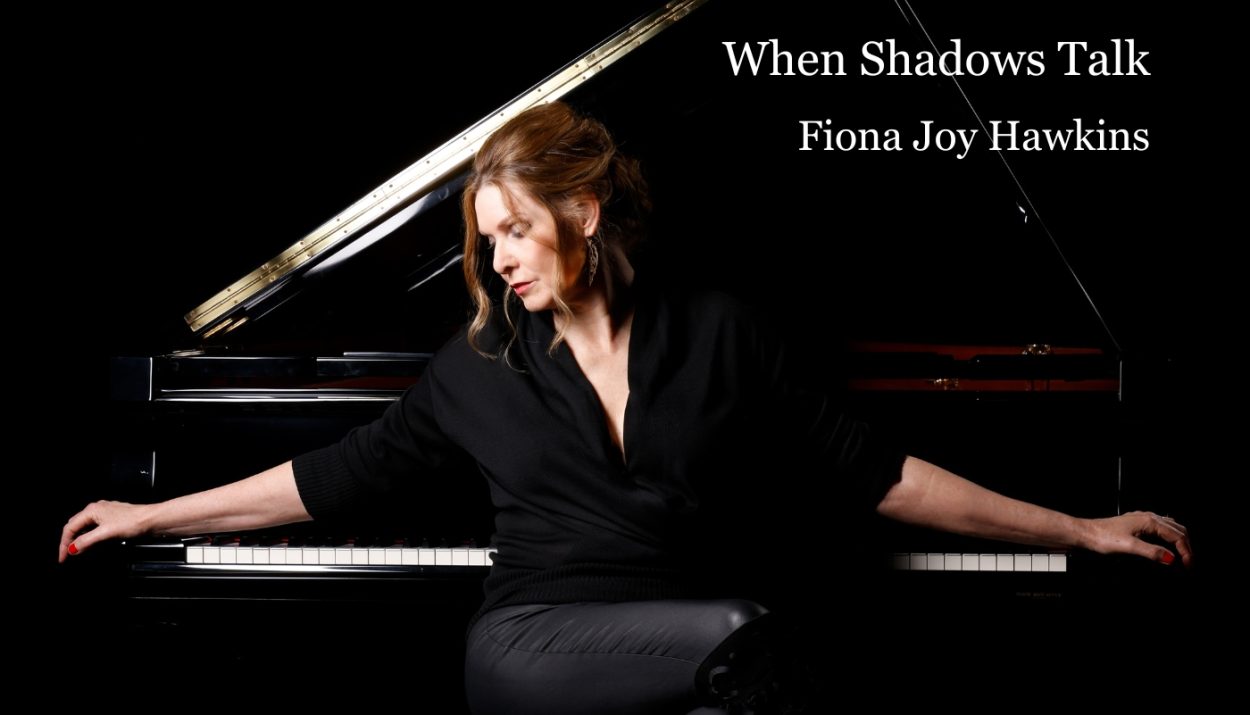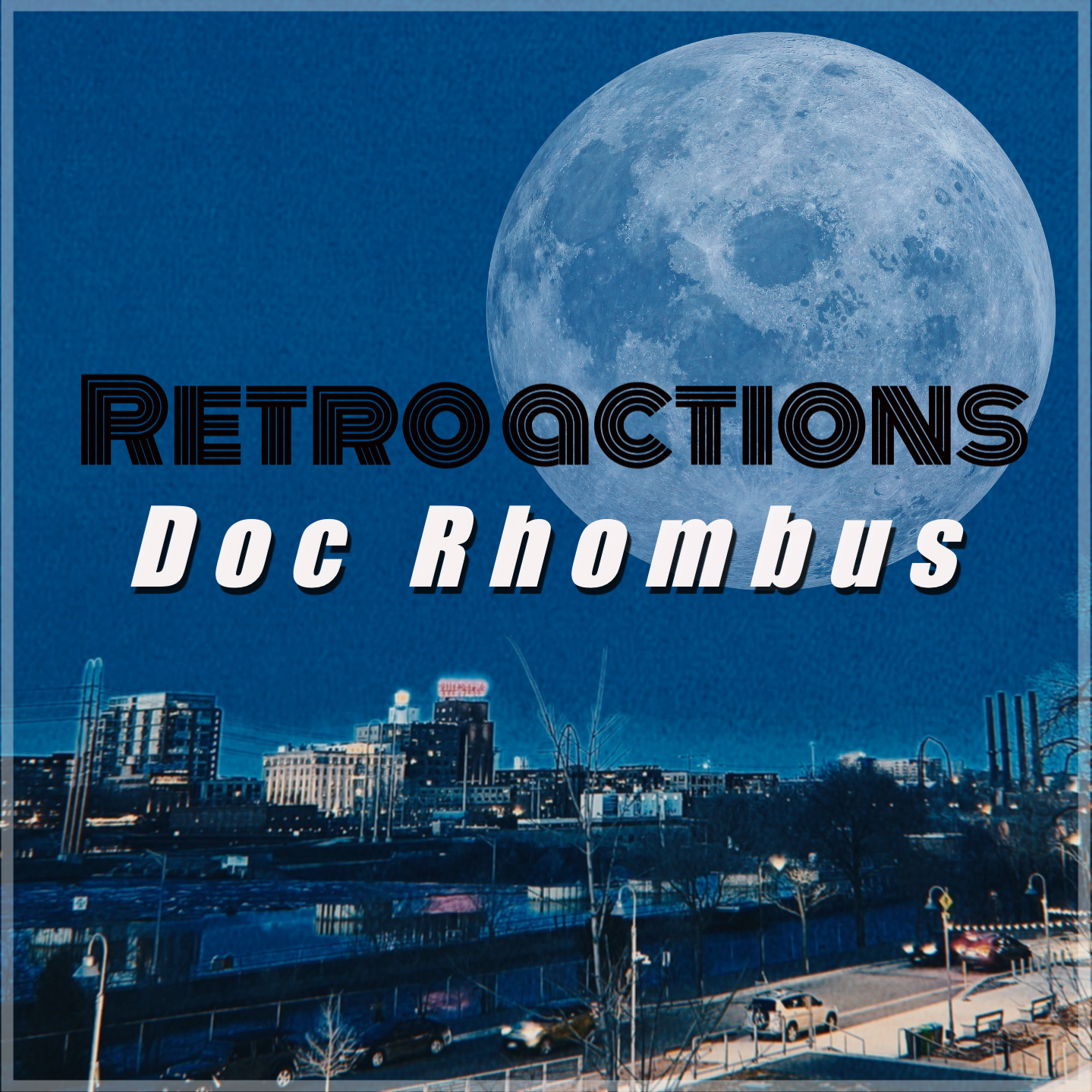Some artists play the piano, and then some artists live through it, whose fingertips translate memory, longing, resilience, and wonder into every note. Fiona Joy Hawkins belongs proudly to the latter. A mainstream composer, pianist, and vocalist with an international following, she has never approached music as mere performance. For her, it is a living canvas where tone and texture create imagery as clear as brushstrokes on a painting. With her latest release, “When Shadows Talk,” Hawkins once again affirms why she is one of the most compelling voices in contemporary instrumental music.
Released on August 22nd, this album is a personal journey into the maze of Hawkins’ creative process. She imposed a self-exile during the writing, immersing herself in silence to mine the hidden corners of her spirit. The result is an album that explores what lies beneath: the hidden conversations we often suppress, the ghosts that hover at the edges of memory, and the resilience that rises when one dares to face the unknown.
The opening track, “Stasis,” captures the fragile stillness of the soul in reflection. Each chord feels like a breath held, waiting for release, suspended in a twilight moment of contemplation.
With “The Ghosts of War Are Marching,” Fiona delves into historical memory, her piano carrying both the weight of grief and the march of resilience. The piece rises and falls like distant footsteps, haunted yet unyielding, reminding us of the echoes war leaves behind.
“Lava and Snow” is a study in contrast—heat against cold, passion against calm. The playing here is fluid, almost cinematic, demonstrating Hawkins’ skill at balancing dynamics while evoking imagery as elemental as the title suggests.
A gentler mood arrives with “Angel’s Message,” where delicate phrasing creates a sense of whispering guidance from beyond. It’s serene, like a soft hand on the shoulder in troubled times.
“The Lost Ballerina (Solo Piano)” may be one of the most intimate pieces on the album. Stripped back to just piano, Fiona captures fragility and grace with aching precision, as though telling the story of someone caught between beauty and brokenness.
“In the Deep” ventures into darker textures, notes plunging like stones through water, uncovering submerged emotions that resist the light.
“Outside the Circle” feels like a declaration of independence—its pacing and structure suggest both exclusion and freedom, pushing boundaries beyond comfort zones.
With “Finding the Clearing,” the piano becomes a compass, guiding us from shadow into sunlight. It’s a hopeful piece, marked by openness and release, as if stepping into wide fields after being lost in a dense forest.
“The Mirror” reflects inward; its harmonies shimmer with self-examination. Fiona crafts the piece like glass—transparent, fragile, but also capable of revealing uncomfortable truths.
“The Journey (Solo Piano)” is the heartbeat of the album—sparse yet expansive, contemplative yet resolute. It captures the essence of travel, not across landscapes, but across emotional terrains.
“Hitting the Glass” brings tension to the forefront. Sharp rhythms and sudden pauses mimic frustration, the feeling of confronting invisible barriers that won’t break.
Finally, “The Brown Bird” closes the album on a more pastoral note. Gentle and lyrical, it suggests freedom, fragility, and the quiet persistence of life in the face of a storm.
Hawkins’ expertise shines throughout the album. Her phrasing is precise and expressive, and her dynamics tell stories without a single lyric. She knows when to let silence breathe and when to fill the air with cascading flourishes, a skill that places her alongside some of the most celebrated pianists of her generation. Her playing carries cinematic quality, yet it never loses the intimacy of one artist and one piano.
Production-wise, “When Shadows Talk” is polished but not sterile—I could hear the wood, the strings, and the living character of the piano itself. Every challenge Fiona faced during recording somehow enriches the final product, grounding these soaring compositions in authenticity. The engineering by Michael Luchich ensures the piano’s resonance feels full-bodied, while the subtle guidance of producer Peter Stevenson keeps the emotional arc of the album cohesive.
“When Shadows Talk” is not merely a collection of instrumental tracks—it is a living, breathing document of an artist in dialogue with herself, her instrument, and the world around her. Fiona Joy Hawkins welcomes us into her creative sanctuary, offering not just melodies but revelations. With this album, she proves once again that music can be a mirror, a journey, and a clearing all at once.
Listen to the “When Shadows Talk” album on Spotify
Follow Fiona Joy Hawkins here for more information






